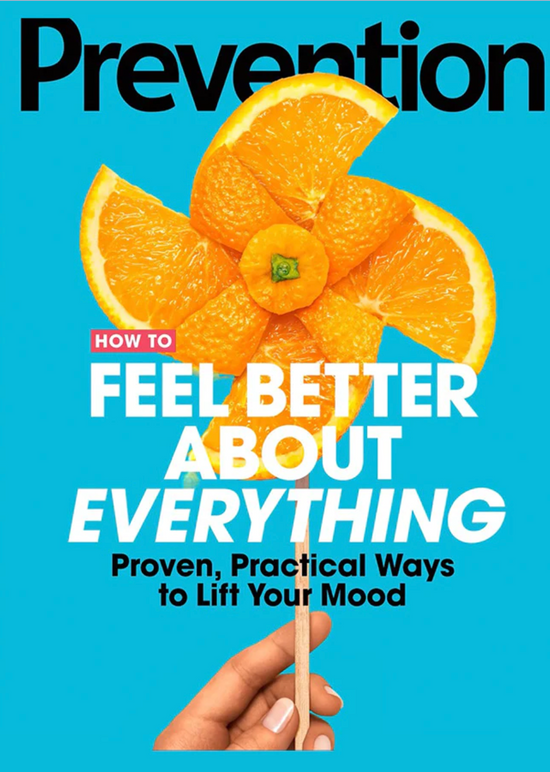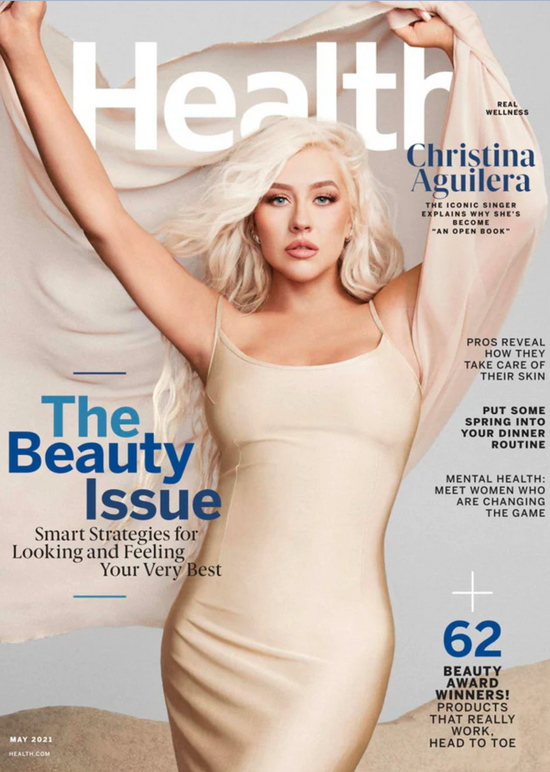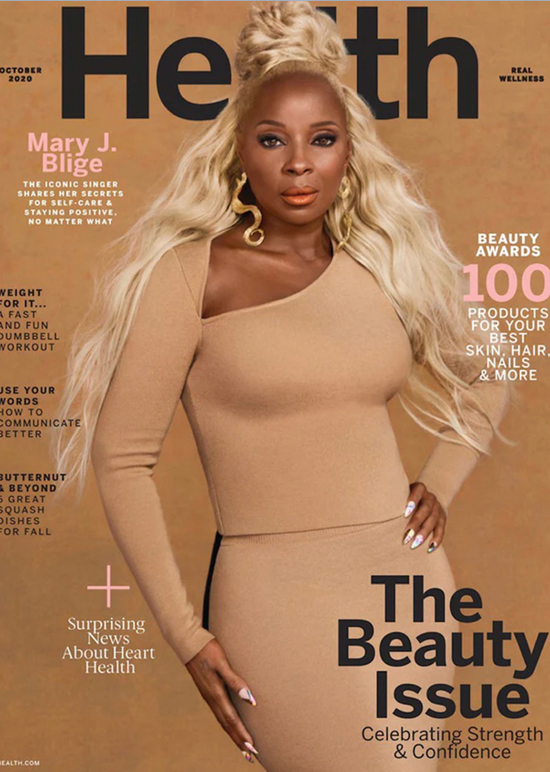Online
-

HARPER'S BAZAAR
Read More‘The 13 Best Acne Light Therapy Devices to Zap Stubborn Breakouts.
… improve acne, prevent breakouts, and reduce redness and acne scars.’ -

HARPER'S BAZAAR
Read More‘The 13 Best Acne Light Therapy Devices to Zap Stubborn Breakouts.
… improve acne, prevent breakouts, and reduce redness and acne scars.’ -

HARPER'S BAZAAR
Read More‘The 13 Best Acne Light Therapy Devices to Zap Stubborn Breakouts.
… improve acne, prevent breakouts, and reduce redness and acne scars.’ -

HARPER'S BAZAAR
Read More‘The 13 Best Acne Light Therapy Devices to Zap Stubborn Breakouts.
… improve acne, prevent breakouts, and reduce redness and acne scars.’ -

HARPER'S BAZAAR
Read More‘The 13 Best Acne Light Therapy Devices to Zap Stubborn Breakouts.
… improve acne, prevent breakouts, and reduce redness and acne scars.’ -

HARPER'S BAZAAR
Read More‘The 13 Best Acne Light Therapy Devices to Zap Stubborn Breakouts.
… improve acne, prevent breakouts, and reduce redness and acne scars.’ -

HARPER'S BAZAAR
Read More‘The 13 Best Acne Light Therapy Devices to Zap Stubborn Breakouts.
… improve acne, prevent breakouts, and reduce redness and acne scars.’ -

HARPER'S BAZAAR
Read More‘The 13 Best Acne Light Therapy Devices to Zap Stubborn Breakouts.
… improve acne, prevent breakouts, and reduce redness and acne scars.’




















